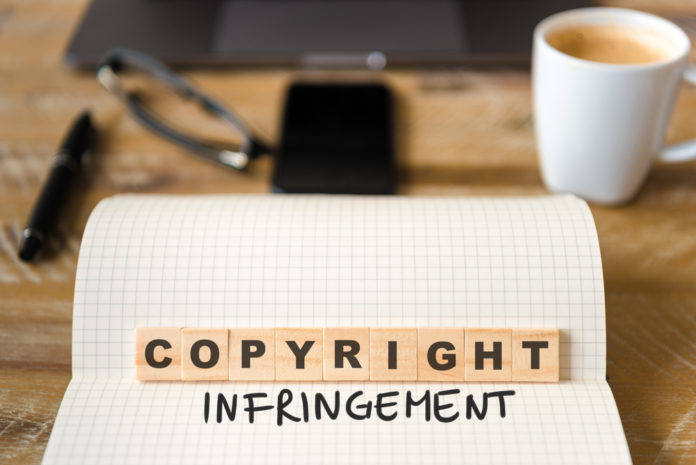The government licensed the plaintiff’s software through a government contract. The plaintiff sued the government for copyright infringement, alleging the government made unauthorized copies of the software. Both parties moved for summary judgment. The court denied both motions. While the court found the plaintiff had a copyright, it was not clear how many copies the government made or whether several backup copies of the software were actually functional copies that infringed on a copyright. The government argued in its motion that as a licensee of the software, it was an owner of the software and thus entitled to make backup copies. The court, however, found that while the government licensed the software, it was not an owner of the software.
4DD Holdings, LLC and T4 Data Group, LLC v. United States, COFC No. 15-945C
Background
4DD Holdings develops software called TETRA that enables federation between businesses. The government purchased licenses in the TETRA software from a 4DD reseller. The purchase contract included 4DD’s end user license agreement, which restricted the government’s use of the software,
Shortly after the government began implementing TETRA, 4DD learned that unauthorized copies of the software had been made. As a result of these extra copies the parties modified the contract with the government agreeing to pay $1.7 million for those copies. The modification contained a release by which the reseller released the government from all liability relating to the modification.
A year later, however, 4DD sued the government in the Court of Federal Claims, alleging that the unauthorized copying of the software infringed on 4DD’s copyright. Both parties moved for summary judgment.
Legal Analysis
4DD’s Motion
- Excess Copying Was Prohibited – The government attempted to argue in various ways that it had been permitted to make excess copies of the software. The court rejected all the government’s arguments. The government’s most compelling argument was that 4DD had been aware that use of the TETRA software would require multiple backups. Thus, the government argued, it had an implied-in-fact-license to make these backup copies. The court rejected this argument, reasoning that the existence of an express contract precludes the existence of an implied contract. Here, 4DD and the government were not in direct privity, but the government had a contract with a 4DD reseller. Moreover, the license agreement, which was incorporated into the contract, explicitly prohibited copying of the software
- Prohibition on Copying Was a Condition Precedent – If a prohibition on copying is merely a covenant of a contract, then a plaintiff can only sue for breach of contract, not for copyright infringement. But if the prohibition is condition precedent, the plaintiff can sue for ingringement. 4DD contended the prohibition was a condition precedent. The government did not directly challenge this assertion, so the court found the prohibition was a condition under which 4DD could sue for infringement
- Issues of Fact Precluded Summary Judgment for 4DD– Although the court found that 4DD had a copyright, and that the government was prohibited from making extra copies of the software, the court was still unable to enter summary judgment in 4DD’s favor. First, the court found there was a factual dispute as to whether the copies the government made were actual copies in that they were not functional. Second, there was still an issue concerning the number of copies the government made.
Government’s Motion
- Issues of Fact Precluded Judgment on Release – The government contended that the contract modification it had signed with the 4DD reselleter was an accord and satisfaction that had released the government from any liability for infringement. But an accord and satisfaction requires a meeting of the minds. Here, there were factual disputes as to what occurred during negotiations of the modification. The court could not enter summary judgment on the government’s release defense.
- The Government Did Not Own the Software – Under the Copyright Act, the owner of software may create copies of the software if they are needed as an essential step in utilization of the software. The government argued that because it purchased a perpetual license for the software it was an owner for purposes of the Copyright Act, and its copying of the software was permitted. The court found that the government was not an owner. 4DD’s license agreement clearly stated that the government did not own copies of the software. Moreover, the license restricted the government’s right to sell and transfer the software, further indicating that it did not have ownership of the software.
4DD is represented by Roman M. Silberfeld, Ronald J. Schultz, Christopher L. Larus, Bryan J. Mechell, Christine Yun Sauer, Jessica Gutierrez Alm, Zac Cohen, and Holland Hauenstein. The government is represented by John J. Todor, Brian M. Boynton, Martin F. Hockey, Jr., and Elizabeth Hosfard of the Department of Justice.




